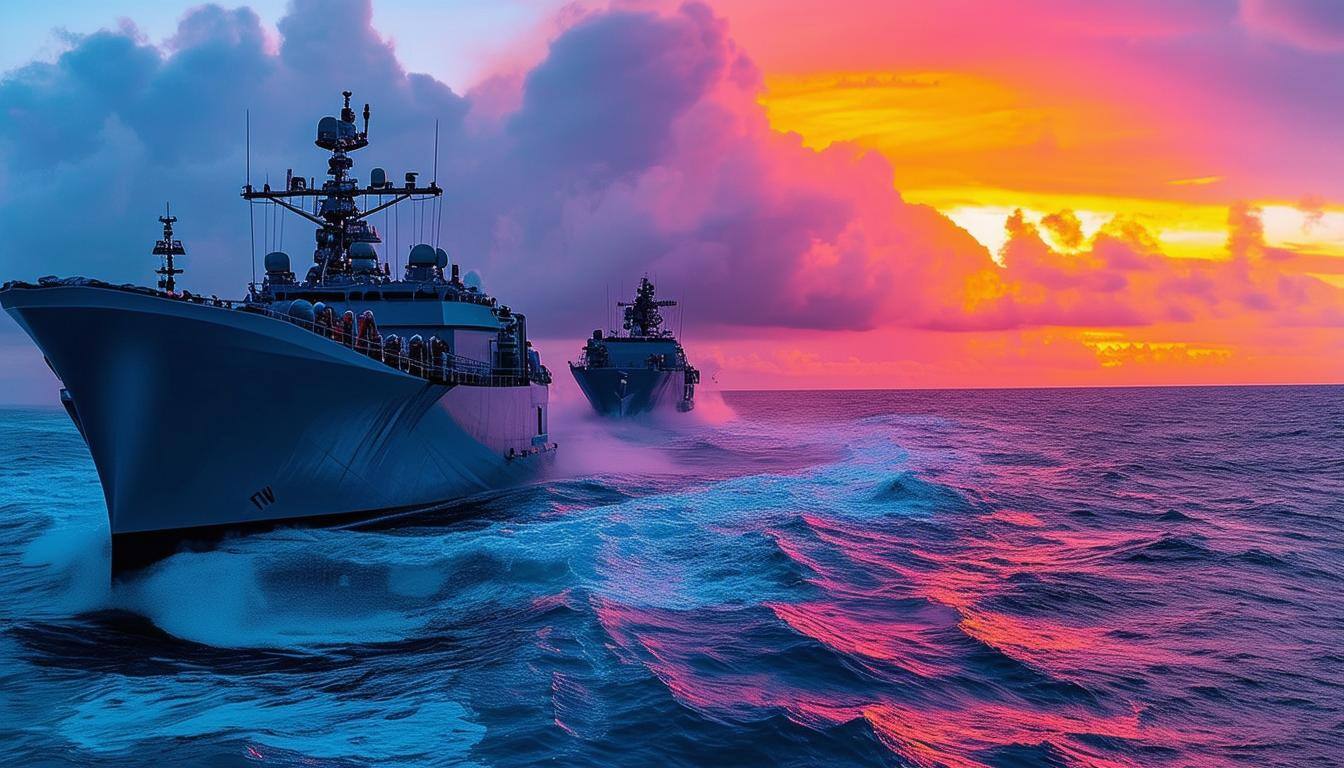Stronger coordination within the Quad—comprising Australia, the U.S., Japan, and India—is essential to address climate-driven threats impacting Indo-Pacific maritime security.
With climate change intensifying issues like illegal fishing, piracy, and natural disasters, the Quad is uniquely positioned to stabilize the region through joint action. Drawing on past collaborative experiences, such as their response to the 2004 Indian Ocean tsunami, the Quad can increase both its operational impact and regional influence by focusing on these non-traditional security threats.
To advance this agenda, the Quad should establish a joint dialogue on maritime security and climate resilience, involving key regional organizations such as ASEAN, the Pacific Islands Forum (PIF), and the Indian Ocean Rim Association (IORA). These groups offer established frameworks and regional perspectives on resource sustainability, environmental monitoring, and disaster preparedness. Their inclusion in a Quad-led dialogue could amplify initiatives like the Indo-Pacific Maritime Domain Awareness (IPMDA) program and the Quad Climate and Maritime Partnership (Q-CHAMP).

A second recommendation is for the Quad to convene a dedicated Coast Guard forum to align their efforts in maritime security. Each Quad member’s coast guard has unique capabilities in enforcement, local capacity-building, and combatting illegal, unreported, and unregulated (IUU) fishing. However, differing structures—like the U.S. Coast Guard’s affiliation with Homeland Security versus India’s Defense Ministry—can hinder cohesive responses. A Quad Coast Guard forum would enhance coordination for humanitarian and disaster relief (HADR) efforts, building on current collaborations like the Quad-at-Sea Ship Observer Mission.
Lastly, the Quad should expand HADR exercises to include ASEAN, PIF, and IORA, encouraging a region-wide approach to resilience against climate-driven crises. By broadening these exercises, the Quad can facilitate valuable knowledge-sharing, reinforce regional ties, and strengthen collective response capabilities—mirroring the cooperative spirit demonstrated during the 2004 tsunami response.
By centering its agenda on maritime security and climate resilience, the Quad can strengthen its role as a regional stabilizer and trusted Indo-Pacific partner.






